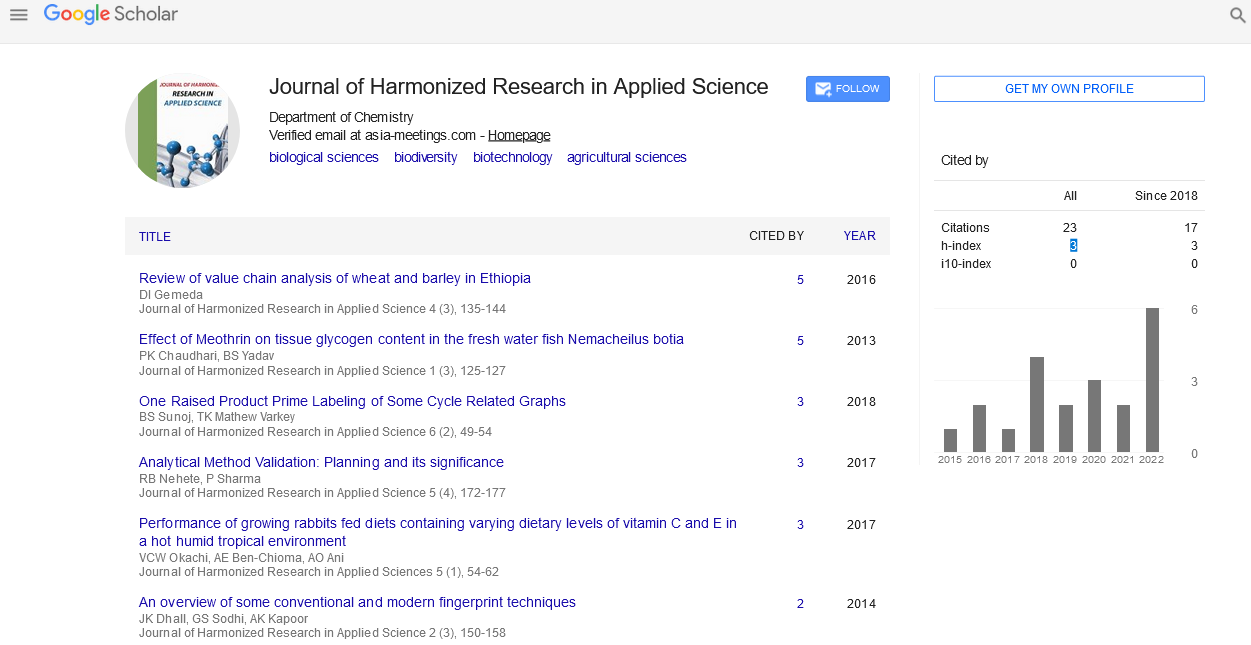PERFORMANCE OF GROWING RABBITS FED DIETS CONTAINING VARYING DIETARY LEVELS OF VITAMIN C AND E IN A HOT HUMID TROPICAL ENVIRONMENT
Abstract
Author(s): Okachi, V. C.W., Ben-Chioma, A.E. and Ani, A. O
An eight-week study was conducted to determine the response of growing rabbits to varying dietary levels of vitamins C and E under a hot humid tropical environment. Thirty-six hybrid (Chinchilla × Ne w Zealand white) growing rabbits of both sexes with initial average weight of 0.80 kg were randomly divided into nine groups of four rabbits each and assigned to 9 diets a in a 3×3factorial arrangement involving three vitamin C levels (0, 200 and 400mgkg-1diet) and three vitamin E levels (0, 200 and 400mgkg-1diet) in a completely randomized design. Each treatment was replicated 4 times with one rabbit constituting a replicate. Feed and water were supplied to the animals ad libitum. Data were collected on performance, cost implication and digestibility. Dietary inclusion of vitamins C and E had significant effect (p< 0.05) on final body weight, daily weight gain feed conversion ratio, daily protein intake and it increased the cost of producing one kilogram of feed. Feed cost per kg increased significantly beyond 0mg/kg vitamin E inclusion level. The diet containing 200mg/kg of vitamin C and E (treatment 5) produced the highest dry matter (DM) digestibility coefficient which was similar (p> 0.05) to that of the control. It was concluded that a combination of 200mgkg-1diet of vitamin C and 200mgkg-1diet of vitamin E can be successfully added to the diet of growing rabbits during the dry season without having any negative effect on their performance.










